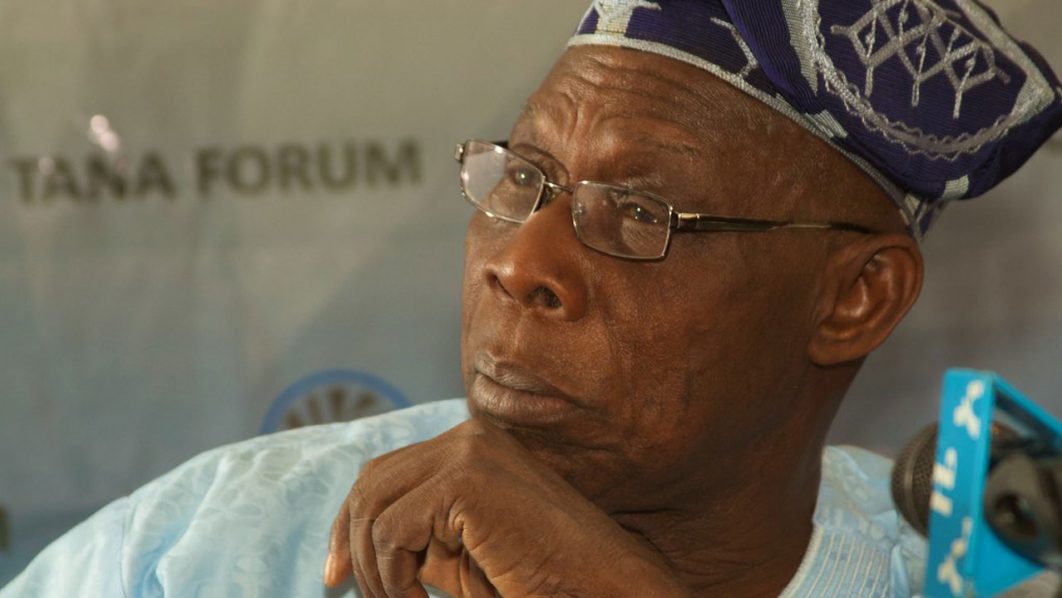
According to them, politicisation of insecurity will not do the nation any good but aggravate the already fragile situation in the country.
They gave the warning at a one-day ‘Retreat on Inclusive Security’ organised by the Global Peace Foundation, in collaboration with Vision Africa in Abuja.
They appealed to the nation’s elite to refrain from comments that could widen the “gulf of trust deficit amongst the many divides” that make up the country, saying that Nigeria’s survival as a nation should be considered sacred.
Speaking, Obasanjo said military action alone would not effectively end insecurity, adding that government must embrace the carrot and stick approach in addressing the menace.
He said: “People talk of political will, but I talk of political action. Political will is not enough. It must be matched by political action.
“The problem of insurgency will not go away if all we are using is the ‘stick’ (military action). We may suppress it, and keep it down a bit, but we have to use ‘carrot and stick’ together to effectively tackle the problems.”
The Sultan, who lamented the recent spate of insecurity in the country, said that lives should be considered sacred and that the leaders should rather be circumspect than carrying on as though all is well.
“It’s unfortunate that this is what we are seeing across the land. Parties are accusing one another of not doing enough to tackle insecurity. I think that is the major problem we have been facing in the country,” the Sultan said.
Presenting his own argument, Bishop of Evangelism and Discipleship, Methodist Church Nigeria, Rt. Rev. Sunday Onuoha, regretted that the security problems in the country were worsened by the perceived existence of a wide gulf of trust deficit among the many divides in the country.
“We must take deliberate steps to close the gap between the aggrieved and the leaders by identifying trusted, objective and reliable moderators, who must coordinate the discordant tunes into a harmonious melody that will bring about peace and reconciliation.”
On his part, the president of the Christian Association of Nigeria (CAN), Rev. Samson Ayokunle, charged the elite to sustain pressure on the politicians to ensure that the successes recorded in the country’s effort to fight insecurity were not botched.
Ayokunle, who was represented by the Deputy President of Pentecostal Fellowship of Nigeria (PFN), Archbishop John Praise, said: “There has to be justice and fairness if peace is going to reign in the country.
“We need to keep putting pressure on the government to let the security operatives live up to their responsibilities. They are making efforts, but they can do more.”
Aare Ona-Kakanfo of Yorubaland, Otunba Gani Adams, in his submission maintained that peace will continue to elude Nigeria if the “fraud” in the 1999 Constitution is not expunged forthwith.
In the same vein, the national leader of Pan Niger-Delta Forum (PANDEF), Chief Edwin Clark, blamed the elite consensus on issues, adding that food scarcity is causing insecurity.
“The Nigeria we are in today does not provide anything for the common man. If oil is produced in your land and exploited, you should at least be rehabilitated with that resource.
“The problem in the country is hunger because the people don’t have any means of livelihood anymore,” he added.



